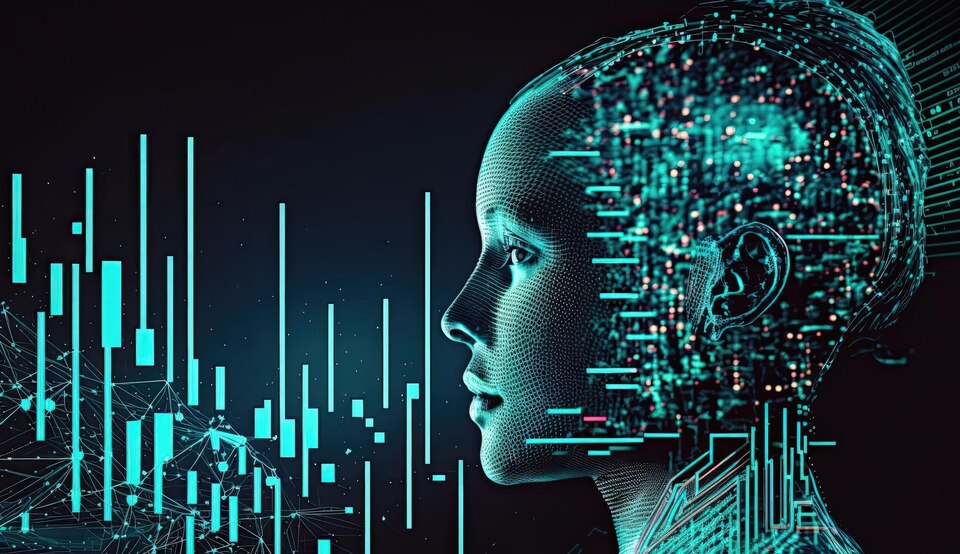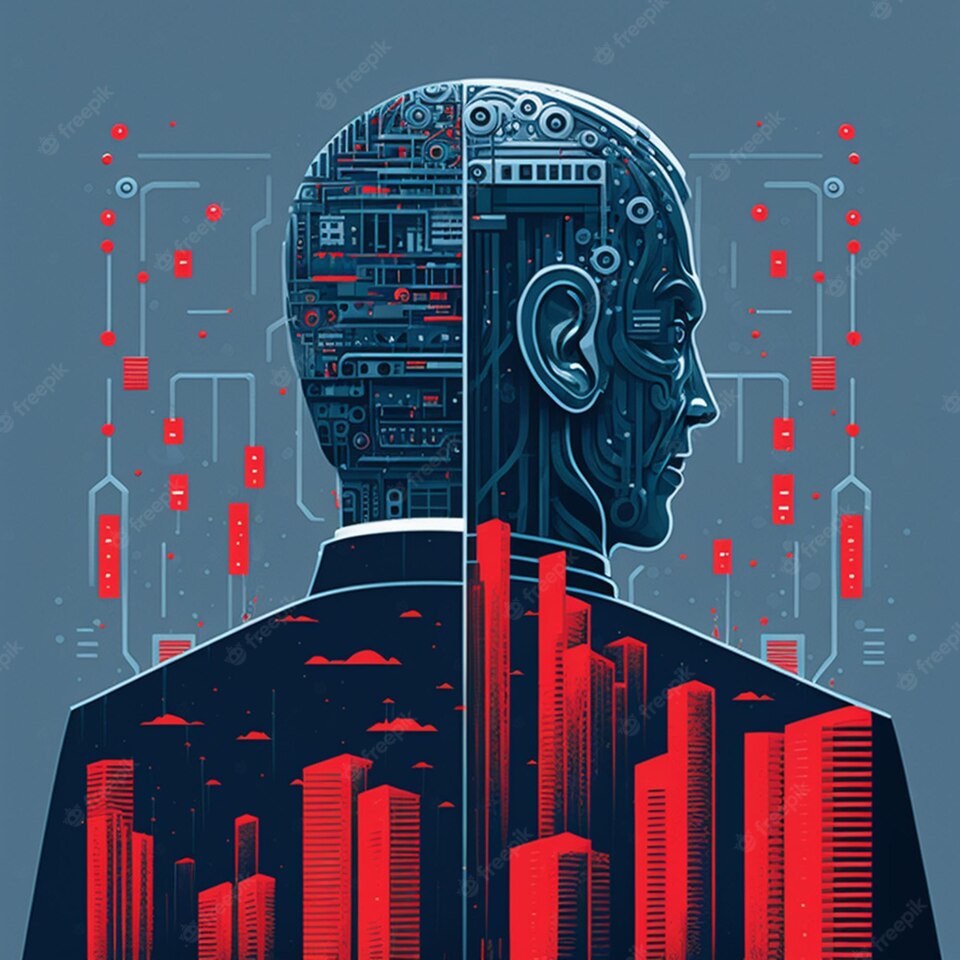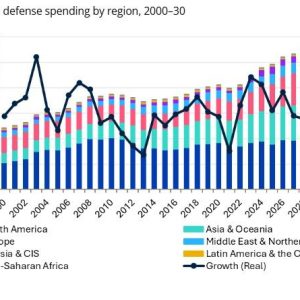The Rise of an AI-tocracy, the world we live in is rapidly advancing in technology, and artificial intelligence (AI) has emerged as a powerful force shaping our daily lives. While AI has undoubtedly brought numerous benefits, it has also raised questions about its impact on society and governance. In this blog post, we delve into the concept of an “AI-tocracy” and explore how it might emerge, what challenges it poses, and how we can ensure a responsible and inclusive future for all.

Rise of an AI-tocracy
An AI-tocracy, as the term suggests, is a form of government where decision-making power is concentrated in the hands of AI systems and algorithms. In such a society, AI would assume control over various aspects, including policy-making, resource allocation, and social management. While this might sound like a futuristic sci-fi scenario, the rapid advancement of AI technology has led some experts to consider the possibility of an AI-driven society.
The Emergence of AI-tocracy
The rise of an AI-tocracy can be attributed to several factors. Firstly, AI has shown remarkable abilities in data processing, pattern recognition, and decision-making, often outperforming humans in complex tasks. As AI continues to improve and become more ubiquitous, it may gain trust and reliance from governments and institutions, leading to an erosion of human control.
Secondly, proponents of AI-tocracy argue that AI systems can be free from human biases and emotions, thus potentially creating more objective and rational decisions. As a result, policymakers may be inclined to cede decision-making power to AI to overcome human limitations.
Challenges and Concerns
While the concept of an AI-tocracy has its proponents, it also raises serious concerns and challenges:
- Lack of Accountability: AI systems are only as good as their programming and data input. If AI algorithms make biased or flawed decisions, it becomes challenging to hold anyone accountable for the consequences.
- Social Inequities: An AI-tocracy might exacerbate existing inequalities. People without access to technology or digital skills could be further marginalized, leading to a digital divide.
- Ethical Dilemmas: Decisions that impact human lives, such as criminal justice, healthcare, and education, raise ethical questions about relying solely on AI for such critical choices.
- Job Displacement: Widespread implementation of AI could lead to significant job displacement, potentially causing social unrest and economic instability.
Ensuring a Responsible AI Future
To harness the potential of AI while mitigating the risks, we must take a proactive approach:
- Ethical AI Development: Engineers and developers must prioritize ethical considerations during AI development, ensuring fairness, transparency, and accountability.
- Regulatory Frameworks: Governments should establish clear regulations and standards for AI systems to prevent misuse and protect citizens’ rights.
- Education and Upskilling: Emphasize education and upskilling programs to equip the workforce with the necessary skills to adapt to an AI-driven economy.
- Inclusive Decision-making: Involve diverse stakeholders in AI governance to ensure that decisions consider multiple perspectives and address potential biases.
Conclusion
The rise of an AI-tocracy is not inevitable, but it remains a possibility in our rapidly evolving technological landscape. As AI continues to permeate various aspects of society, we must approach its integration with caution, ensuring that it serves the collective good while upholding ethical principles. By establishing a robust regulatory framework, fostering transparency, and promoting inclusivity, we can pave the way for a responsible and equitable future, where AI augments human capabilities without compromising our values and humanity.












